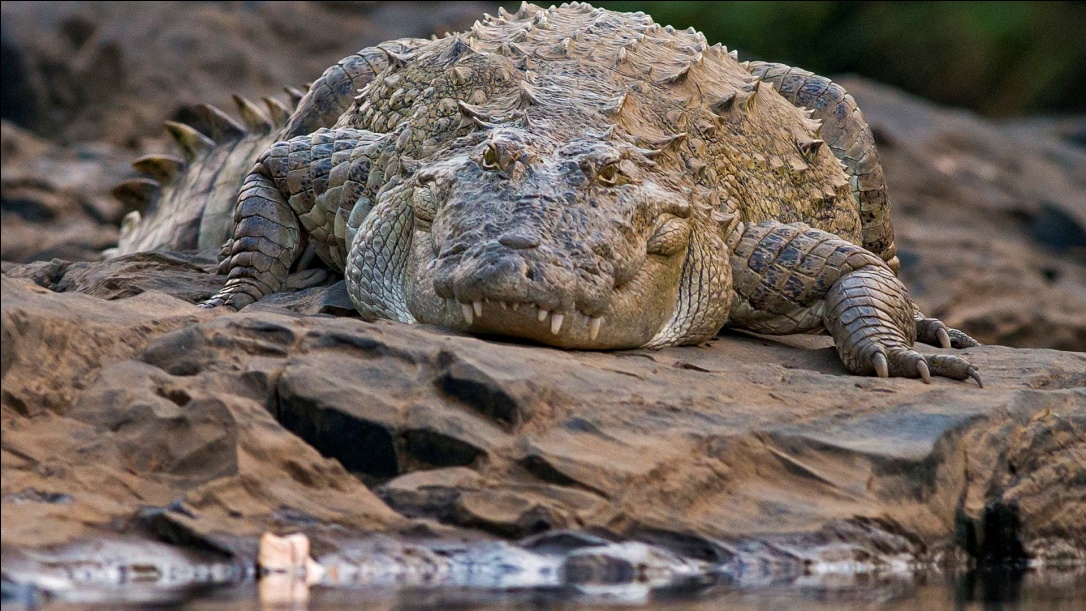Free Courses Sale ends Soon, Get It Now


Free Courses Sale ends Soon, Get It Now



Copyright infringement is not intended
Context: The Indian Railways has been delivering water to Pali district in western Rajasthan as the region’s water bodies have dried up due to a hot March.
More about news:
About muggers or marsh crocodiles:
© 2024 iasgyan. All right reserved